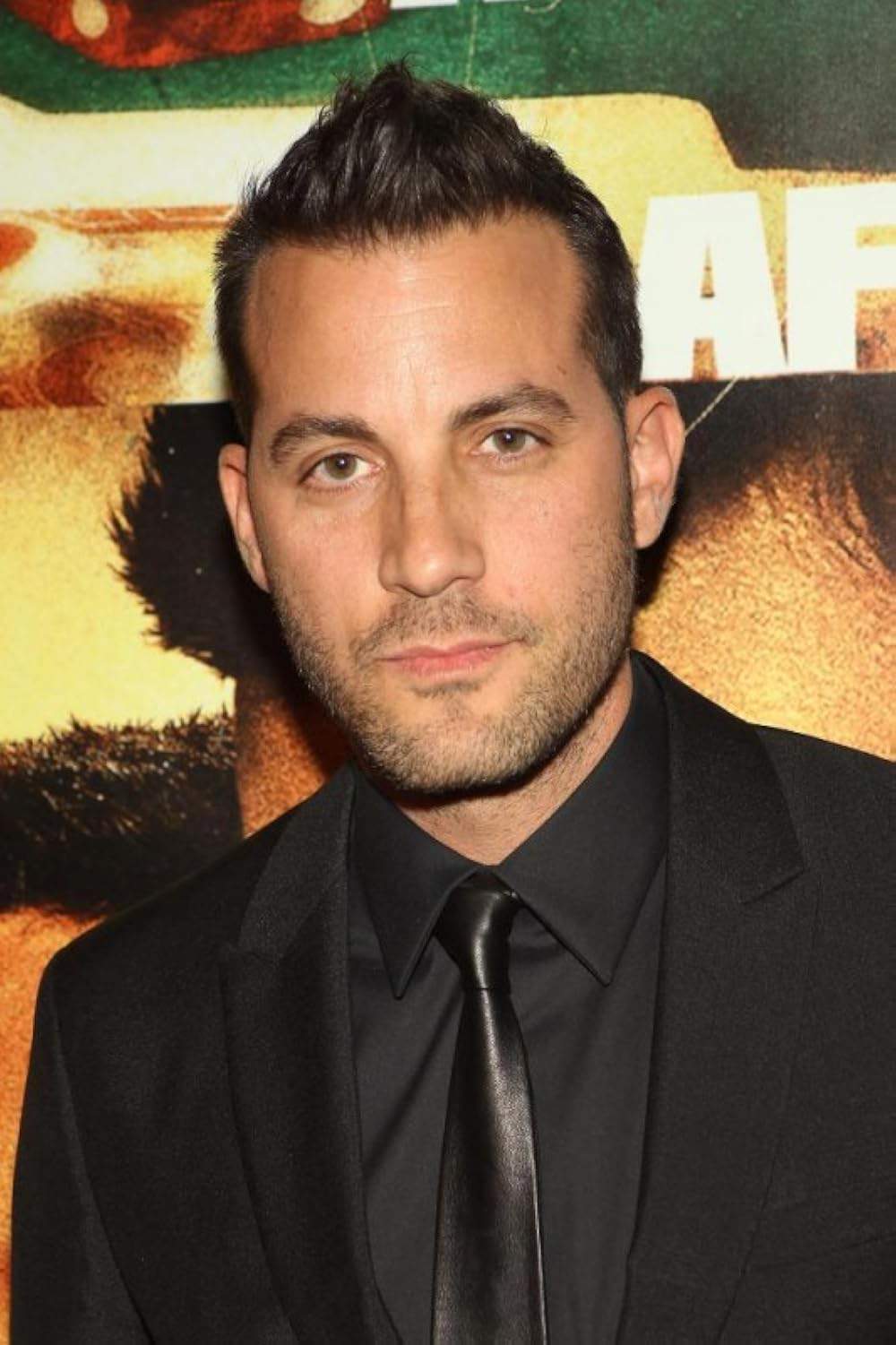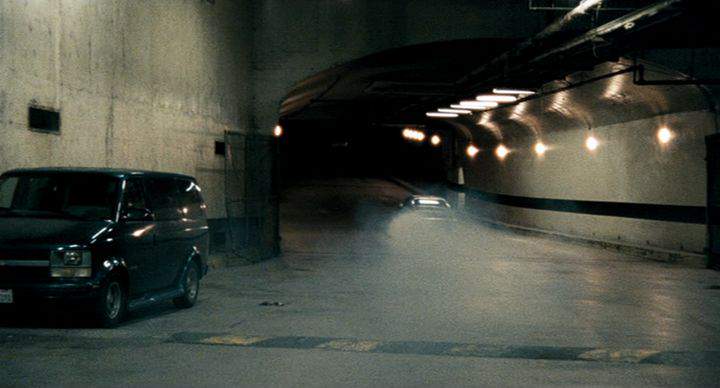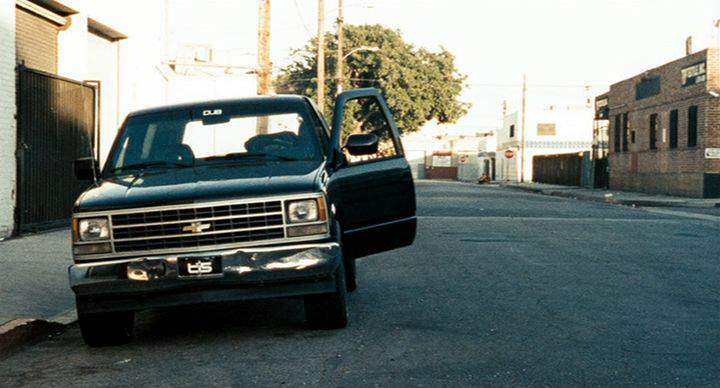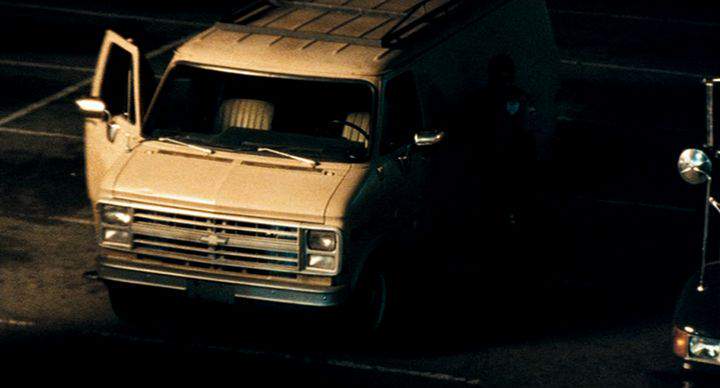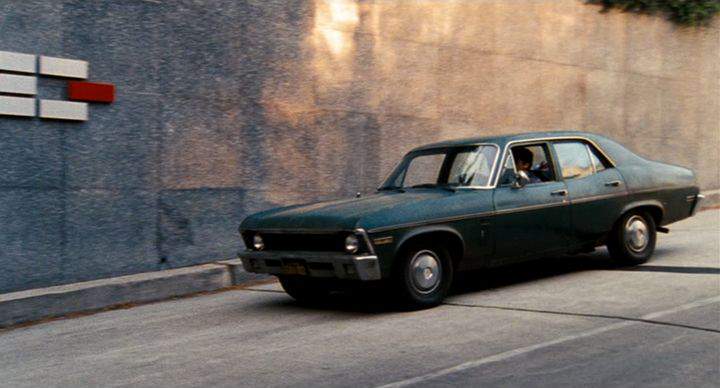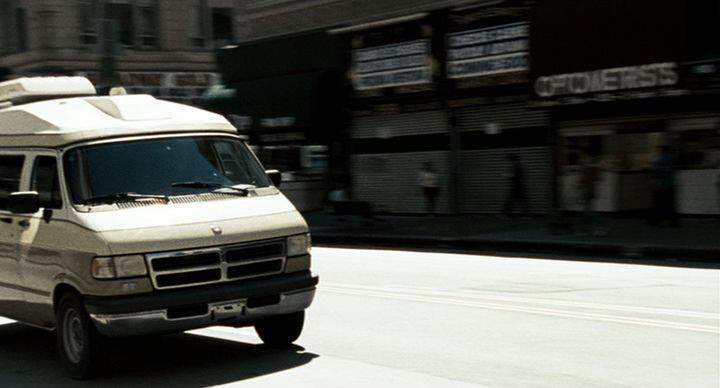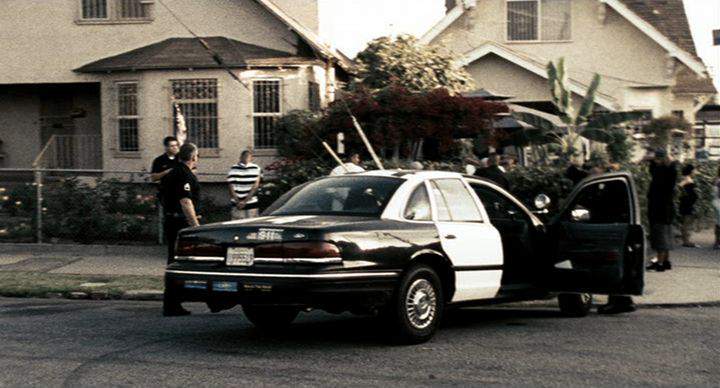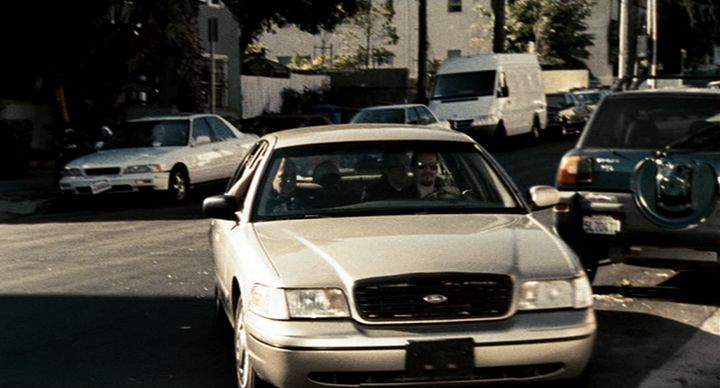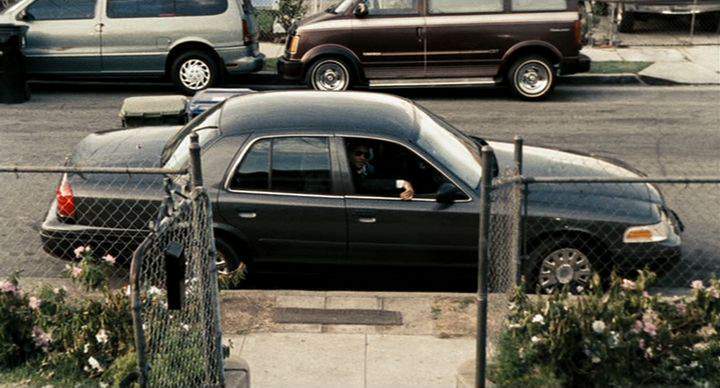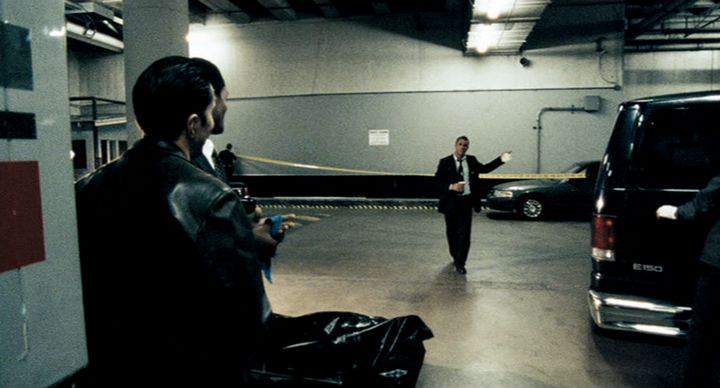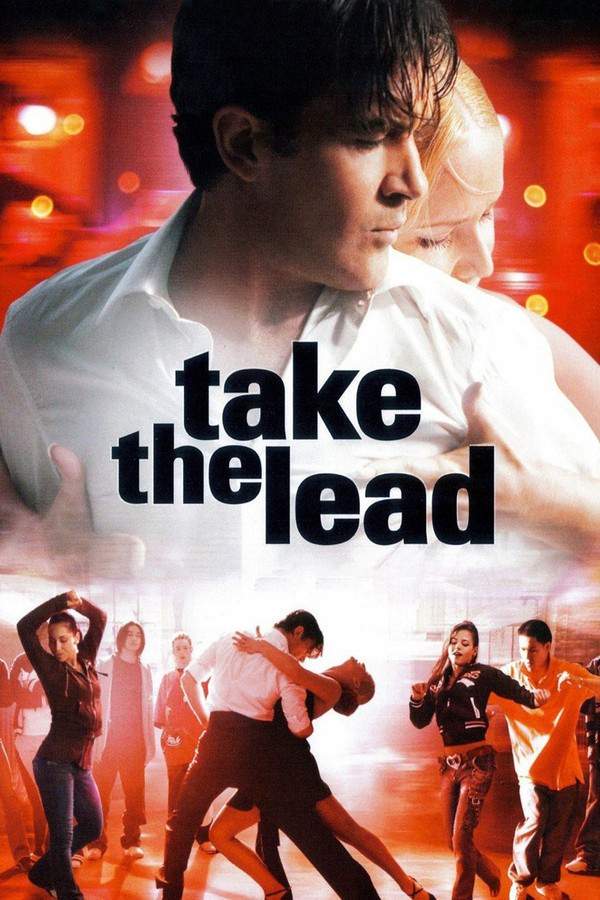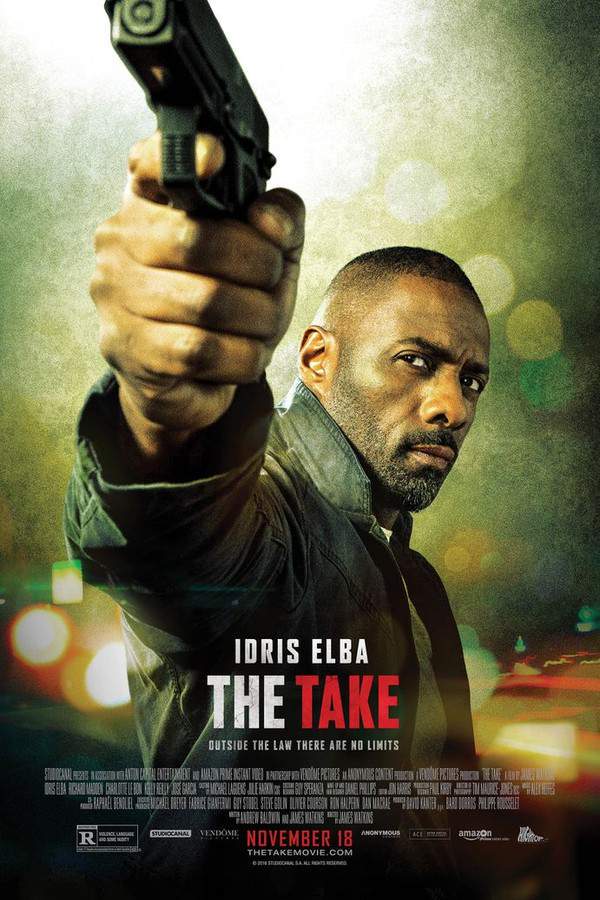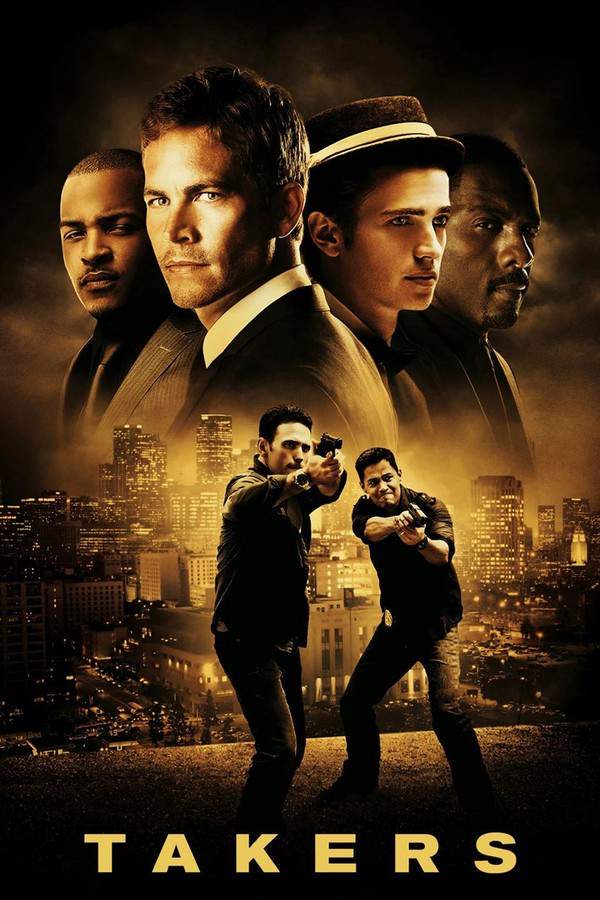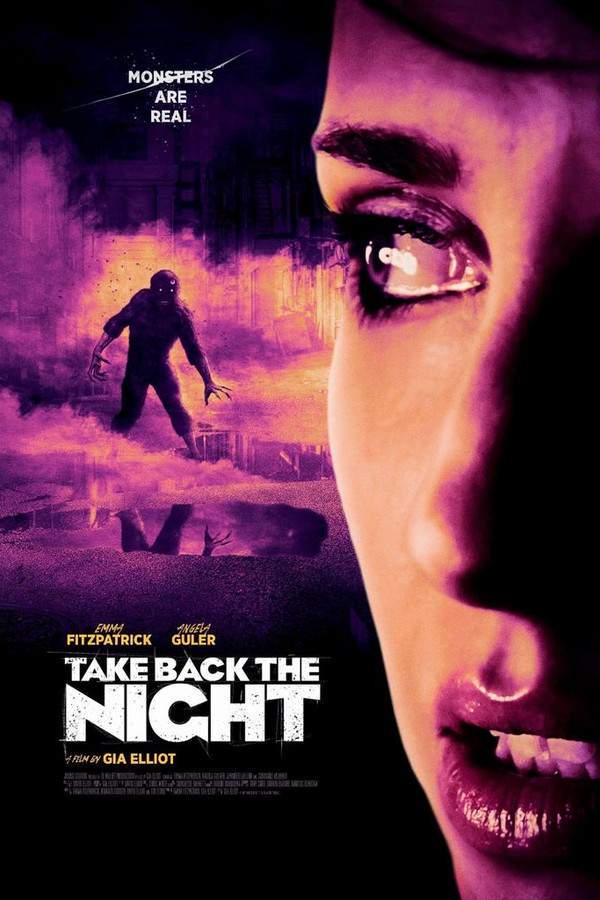The Take 2008

Felix, an ordinary man, finds himself unexpectedly embroiled in a dangerous heist when his truck is stolen. As he investigates, the situation escalates, pulling him into the criminal underworld of East Los Angeles. He must navigate a web of deceit and risk everything – including his family – to uncover the truth and fight for justice in a desperate fight for survival.
Does The Take have end credit scenes?
No!
The Take does not have end credit scenes. You can leave when the credits roll.
Meet the Full Cast and Actors of The Take
Explore the complete cast of The Take, including both lead and supporting actors. Learn who plays each character, discover their past roles and achievements, and find out what makes this ensemble cast stand out in the world of film and television.
No actors found
External Links and Streaming Options
Discover where to watch The Take online, including streaming platforms, rental options, and official sources. Compare reviews, ratings, and in-depth movie information across sites like IMDb, TMDb, Wikipedia or Rotten Tomatoes.
Ratings and Reviews for The Take
See how The Take is rated across major platforms like IMDb, Metacritic, and TMDb. Compare audience scores and critic reviews to understand where The Take stands among top-rated movies in its genre.

67
Metascore
tbd
User Score

6.6 /10
IMDb Rating

76
%
User Score
Take the Ultimate The Take Movie Quiz
Challenge your knowledge of The Take with this fun and interactive movie quiz. Test yourself on key plot points, iconic characters, hidden details, and memorable moments to see how well you really know the film.
The Take Quiz: Test your knowledge on the movie 'The Take' and its characters, plot twists, and dance sequences.
Who portrays the character Pierre Dulaine in 'The Take'?
Antonio Banderas
John Ortiz
Alfre Woodard
Lauren Collins
Show hint
Full Plot Summary and Ending Explained for The Take
Read the complete plot summary of The Take, including all major events, twists, and the full ending explained in detail. Explore key characters, themes, hidden meanings, and everything you need to understand the story from beginning to end.
Pierre Dulaine, portrayed by Antonio Banderas, hosts an exhibition at his dance academy, and amidst the spectacle, one student, Caitlin, played by Lauren Collins, stands out for her clumsy demeanor. As the audience anticipates an upcoming competition, tensions begin to flare. Rock, a rebellious student, finds himself barred from the school dance due to a supposedly fake ticket and a troubled past, leading him to join his rowdy friends in vandalizing Principal James’s vehicle. As Pierre rides home in his formal attire, he witnesses the aftermath of the vandalism, only catching a glimpse of Rock before he darts away.
The following day sees students navigating metal detectors as Pierre heads to the principal’s office. Here, he overhears a heated discussion between Principal James, portrayed by Alfre Woodard, and Mr. Temple, who is resistant to help with detention responsibilities. Pierre seizes the moment, offering to mentor the students through dance, a solution Principal James accepts, albeit reluctantly linked to the detention issue. When Pierre’s colleague Tina informs him that many students might seek extra help leading up to the competition, he reassures her that they will manage.
After being shown to the basement detention room, Pierre is met with a group of defiant students, including Rock and Eddie. A wager is placed between Pierre and Principal James; however, the initial attempts to pair students for dance lessons quickly spiral into chaos. The relationships among the students surface, revealing complex dynamics, notably between LaRhette and Rock, who have personal ties to gang violence.
Rock’s journey unfolds as he misses the opportunity to showcase his talent and resilience due to pressing family issues and job losses, which plunge him into a downward spiral. LaRhette, burdened with familial responsibilities, also seeks solace within the dance, hinting at a bond formed through shared struggles. As tensions rise, Pierre’s genuine concern leads him to intervene, demonstrating that bonding through dance can transcend their struggles.
With the detention basement flooding, Pierre relocates the lesson to his dance academy, boosting the group’s morale until faced with the impending reality of their competition. Students are filled with determination, pushing themselves to practice tirelessly. As they prepare for the contest under Pierre’s guidance, the community around them begins to take notice, fostering newfound respect and support.
On the night of the contest, the stakes are higher than ever. Each dancer faces not only the competition but personal battles and heartbreak, notably LaRhette’s disappointment over Rock’s absence. Yet, Rock’s unexpected arrival breathes life into the final dance. LaRhette’s joy illuminates the stage as they unite for a long-awaited moment.
As the event unfolds, the camaraderie forged through challenges not only leads students to dance but also to understanding respect and appreciation for one another. The conclusion reveals that Pierre’s efforts have inspired a broader ballroom dance initiative across New York schools, cementing a legacy beyond that single competition.
Uncover the Details: Timeline, Characters, Themes, and Beyond!

Coming soon on iOS and Android
The Plot Explained Mobile App
From blockbusters to hidden gems — dive into movie stories anytime, anywhere. Save your favorites, discover plots faster, and never miss a twist again.
Sign up to be the first to know when we launch. Your email stays private — always.
Watch Trailers, Clips & Behind-the-Scenes for The Take
Watch official trailers, exclusive clips, cast interviews, and behind-the-scenes footage from The Take. Dive deeper into the making of the film, its standout moments, and key production insights.
Cars Featured in The Take
Explore all cars featured in The Take, including their makes, models, scenes they appear in, and their significance to the plot. A must-read for car enthusiasts and movie buffs alike.
The Take Themes and Keywords
Discover the central themes, ideas, and keywords that define the movie’s story, tone, and message. Analyze the film’s deeper meanings, genre influences, and recurring concepts.
The Take Other Names and Titles
Explore the various alternative titles, translations, and other names used for The Take across different regions and languages. Understand how the film is marketed and recognized worldwide.
Similar Movies To The Take You Should Know About
Browse a curated list of movies similar in genre, tone, characters, or story structure. Discover new titles like the one you're watching, perfect for fans of related plots, vibes, or cinematic styles.
Quick Links: Summary, Cast, Ratings, More

What's After the Movie?
Not sure whether to stay after the credits? Find out!
Explore Our Movie Platform
New Movie Releases (2026)
Famous Movie Actors
Top Film Production Studios
Movie Plot Summaries & Endings
Major Movie Awards & Winners
Best Concert Films & Music Documentaries
Movie Collections and Curated Lists
© 2026 What's After the Movie. All rights reserved.



